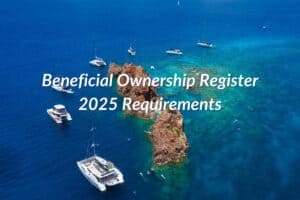El Salvador’s tax system outlines a distinct framework that governs corporate, personal, and other forms of taxation within the country. This system is characterized by a territorial tax regime, where only income generated from sources within El Salvador is subject to taxation. The structure of this system includes a fixed Corporate Income Tax and a progressive Personal Income Tax, both set at a rate of up to 30%, and notably, the absence of Inheritance, Gift, and Wealth Taxes. This overview provides insight into the fundamental aspects of the tax obligations, exemptions, and international agreements that El Salvador upholds, aiming to offer clarity for individuals and corporations operating within or in connection with the Salvadoran economy.
Tax overview
| Corporate Income Tax: | 30% |
| Personal Income Tax: | 30%, progr. |
| Inheritance Tax: | None |
| Gift Tax: | None |
| Wealth Tax: | None |
Territorial Tax Regime
Corporate Income Tax
El Salvador corporations are subject to tax on local source income at a standard rate of 30%. Capital gains are taxed at 10%.
Personal Income Taxation
Individual taxpayers are subject to tax on El Salvador source income only at progressive rates of up to 30%. Capital gains are taxed at 10%. El Salvador does not levy gift, inheritance or wealth tax on individuals.
Anti-Avoidance Rules
El Salvador does not have General Anti-Avoidance Rules (GAARs). El Salvador has Transfer Pricing Rules that require transactions with related parties and persons resident in tax havens or preferential tax regimes be made at arm’s length. El Salvador has Thin Capitalization rules, but does not have Controlled Foreign Corporation (CFC) rules.
Tax Havens and Preferential Regimes
Double Tax Treaties (DTTs)
Foreign Investment Protection
OECD Multilateral Convention
Common Reporting Standard (CRS)
FATCA
El Salvador’s tax framework presents a clear outline of its fiscal policies, emphasizing territorial income taxation and the absence of several common taxes. Through its regulatory guidelines and international agreements, the country seeks to foster a transparent and conducive environment for both domestic and foreign investors. The absence of GAARs, alongside specific rules for dealing with tax havens and preferential regimes, highlights El Salvador’s targeted approach to tax planning and compliance. The engagement with international tax conventions and treaties further underscores its commitment to global tax cooperation, despite its non-adherence to CRS and FATCA agreements. This concise summary encapsulates the essence of El Salvador’s tax environment, providing a fundamental understanding for stakeholders navigating its tax landscape.




